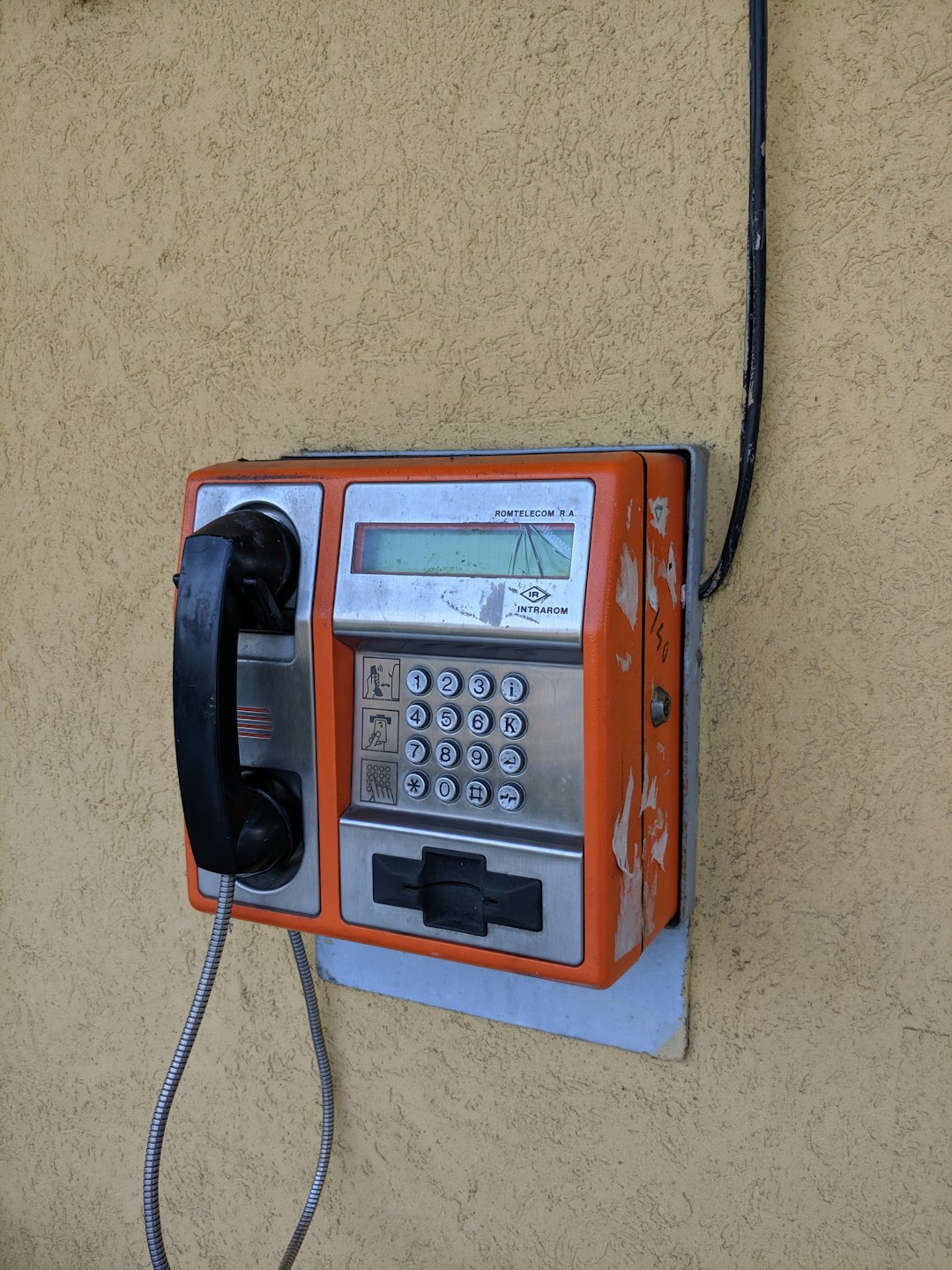Utah's H B 20 transforms debt collection practices by prioritizing consumer protection and transparency. The legislation restricts communication methods, mandates detailed debt validation, limits phone calls, improves interest rate and fee disclosure, and enhances consumer rights. Lawyers specializing in debt collector laws in Utah are advised to stay updated and ensure compliance with these significant regulations, which set industry standards and protect both collectors and consumers.
Utah’s H B 20 introduces significant changes to debt collection practices, impacting both collectors and debtors. This article provides a comprehensive guide to navigating these new regulations. We’ll first summarize the key amendments, then explore their effects on debt collectors, delving into legal implications and responsibilities. Finally, we offer practical steps for collectors operating in Utah to ensure compliance with these stringent rules, highlighting the importance of seeking legal counsel from a specialist lawyer for debt collector Laws Utah.
Understanding Utah's H B 20: A Summary of Key Changes

Utah’s H B 20, a landmark piece of legislation, introduces significant changes to the state’s debt collection practices. This bill aims to protect consumers from aggressive and unfair debt collection tactics while also providing clarity and regulations for debt collectors operating within Utah. Key amendments include stricter rules on communication methods, enhanced transparency requirements, and improved consumer rights.
For instance, the new law limits the number of phone calls and messages debt collectors can make, ensuring a more respectful and less intrusive process. It also mandates that collectors provide detailed validation of debts, giving consumers greater assurance and peace of mind. Additionally, H B 20 establishes clear guidelines on interest rates and fees, requiring collectors to be transparent about all charges. These changes not only empower Utah residents but also set a standard for ethical debt collection practices, making it crucial for those involved in the industry, including lawyers for debt collectors in Utah, to stay informed and compliant with these new regulations.
Impact on Debt Collectors: What They Need to Know

The new Utah HB 20 legislation brings significant changes to the debt collection industry, directly impacting how debt collectors operate within the state. These reforms are designed to protect consumers from abusive practices and provide clarity on legal boundaries. For debt collectors, understanding these shifts is crucial to ensure compliance and maintain ethical business practices.
One key aspect is the emphasis on transparency and fair treatment of debtors. Debt collectors must now disclose specific information about the debt, including its origin and any associated fees. Additionally, they are restricted from using aggressive or deceptive collection methods, such as making false statements or employing harassing behavior. Engaging a lawyer for debt collector services in Utah who understands these new regulations is wise to ensure practices remain within legal parameters and protect both collectors and consumers alike.
Legal Implications and Responsibilities for Debt Collectors

How to Navigate These New Regulations as a Debt Collector in Utah

Navigating the new regulations surrounding debt collection in Utah requires a thorough understanding of House Bill 20 (H B 20). As these changes take effect, debt collectors must adhere to stricter guidelines to ensure compliance. This includes maintaining transparent communication with debtors and adhering to fair collection practices. A lawyer specializing in debt collection laws in Utah can provide invaluable guidance on these new regulations, assisting you in staying compliant while protecting your business interests.
To effectively manage this transition, debt collectors should review and update their existing policies and procedures to align with H B 20 requirements. This may involve refining collection strategies, implementing new record-keeping practices, and enhancing training for staff members. Regularly seeking legal advice from a Utah debt collector lawyer can help ensure that your business remains in good standing, minimizing the risk of penalties or legal issues.






